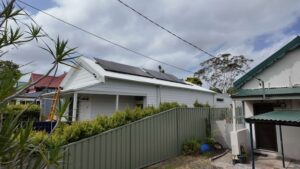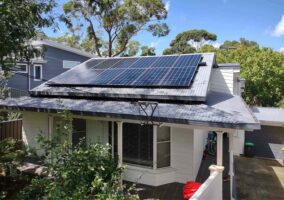The newly elected Queensland state government has backed down on its threat to pull funding from the $1.2 billion Solar Dawn project, after apparently discovering that it was locked in to the $75 million funding commitment.
Premier Campbell Newman promised to repeal funding for the 250MW solar thermal project near Chinchilla – one of the two Solar Flagships winners – along with a range of other clean energy funding promises made by the previous state government. “If we can exit this project and save, I think it is A$75 million, we will,” Newman said at the time.
On Thursday, the Newman government said it had pulled $5.6 million in funding for a 2.7MW solar PV project at Cloncurry after exercising an option to quit the project, however it seems the government has found no such exit clause in Solar Dawn.
“The government will honour its contract on the Solar Dawn project,” the state minister for Energy and Water Supply Mark McArdle said in an emailed statement reported by Recharge magazine. “The Queensland government is aware of the state’s contractual commitment to the project that was entered into by the previous government. There has been no decision to change existing state commitment.”
The funding, which will sit alongside the $464 million commitment from the Federal Government under its flagships program, will depend on Solar Dawn reaching certain milestones.
The most critical of these will be in securing a power purchase agreement and financing for the project – a task that Solar Dawn, led by the French nuclear giant Areva and Wind Prospect, was unable to complete by the December deadline. It has until June to strike an agreement.
However, its options for a PPA are limited, with only the local energy retailer Ergon thought to have the size to absorb a PPA of that size. Energy market insider say striking a deal that reflects the “daytime” value of solar thermal with a major utility would be hard enough, considering it has not been done before in Australia, let alone with a facility of the size of 250MW.
A $70 million solar research program at the University of Queensland is also dependent on the Solar Dawn project going ahead.







